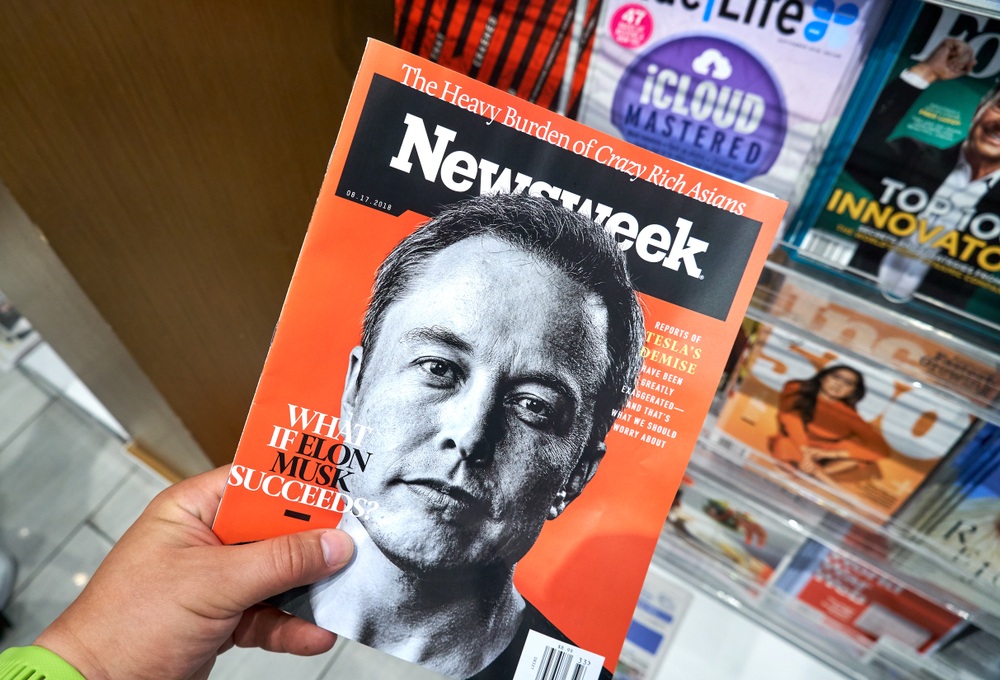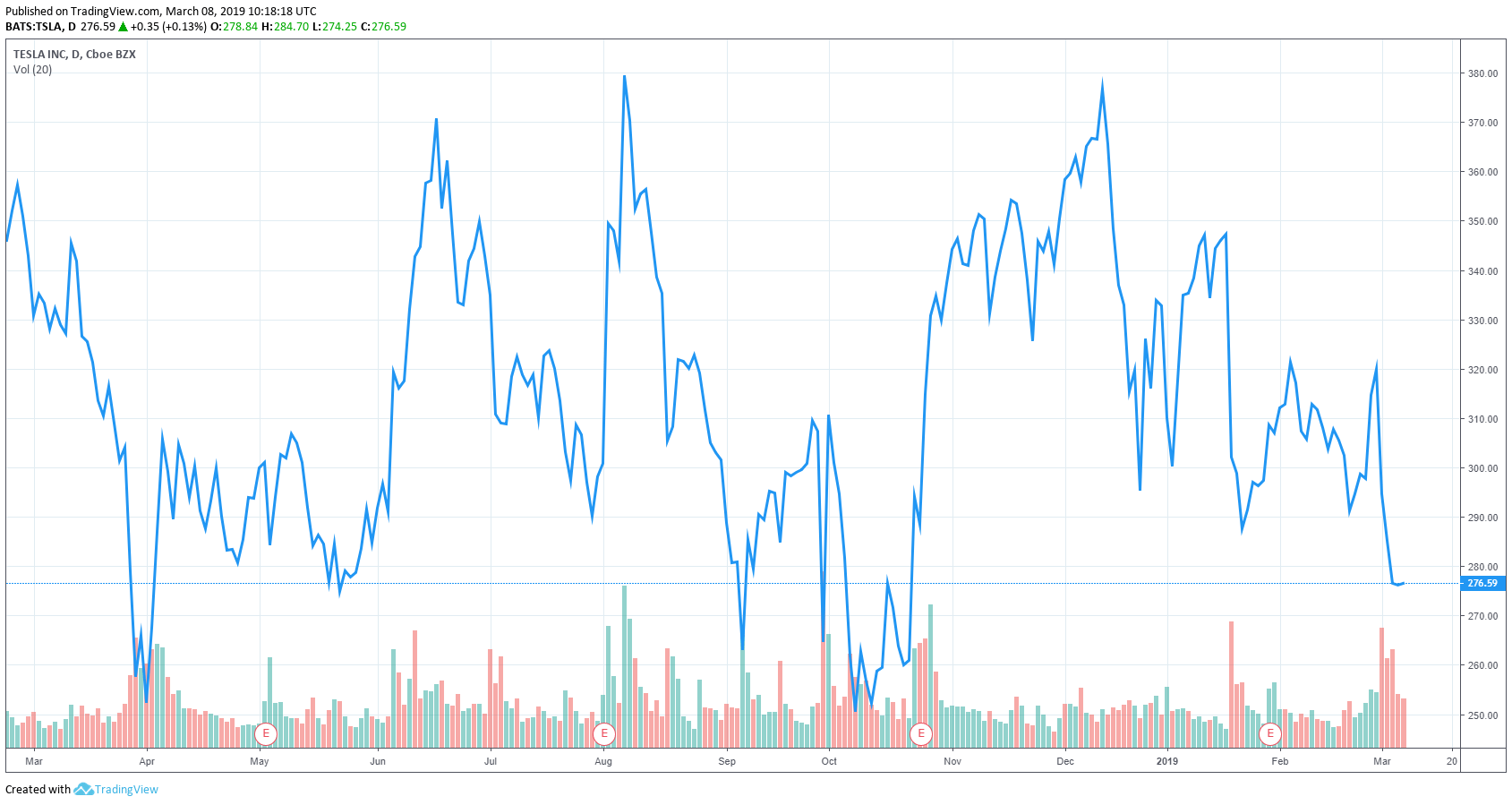Elon Musk Secures $500 Million in Chinese Bank Loans for Tesla Gigafactory Despite CEO Eject Threat

Tesla has secured half a billion dollars in bank loans in China, its biggest growth market. | Source: Shutterstock
Elon Musk might be fighting for his job in the U.S., but his company is on track to achieve its dream of mass producing its Model 3 sedans in China.
The company has secured over $500 million in loans from Chinese lenders as it inches closer to building its vehicle and battery Gigafactory in China. The loan is expected to be financed at a 3.9 percent interest rate, below the government’s 4.35 benchmark.
New York-based JL Warren had announced Tesla’s plans to seek out Asian backers in February. Per the report from the investment firm, the automaker was lining up about $2 billion in loans from backers such as the Shanghai Pudong Development Bank and the Agricultural Bank of China. The first stage of the investment would require about $500 million (roughly 3.3 billion yuan).
The company’s stock rose by 0.9 percent post-trading on Thursday in New York.

The Gigafactory Journey
Tesla broke grounds when it kicked off the construction of its planned $5 billion Gigafactory in January. Sitting on an 864,885-square meter plot in the quiet Lingang area of Shanghai, Tesla’s new assembly line marks the company’s first factory outside the U.S.
One apparent reason for the development of the Gigafactory is the growth prospect of the Chinese market. China accounted for 35% of all EVs sold in the world and is currently on track to purchase over a million cars in 2019.

This frenzied craze for the EV industry was driven by policies from Beijing through a mixture of tax incentives, restrictions, and funding of the EV industry. Unlike in the U.S, Chinese lawmakers have always been in support of electric-powered cars, as it seeks every avenue to cut pollution and dependence on oil imports.
The Chinese government gave automakers an ultimatum in January, requiring them to meet a production requirement for new-energy vehicles—like Tesla’s sedans. To encourage adoption, the government has policies to get the citizens to buy and drive EV cars. In some Chinese cities like Shanghai, it costs more to acquire a plate number for a traditional gas emission vehicle than for an EV.
It costs almost $12,000 (roughly 75,000 yuan) to acquire a plate number in Shanghai, but it’s free for electric vehicles .
The Growth Market in China
For China, the EV industry is another opportunity to get ahead of its competitors and become a hub for car manufacturers. One of China’s largest metropolis, Shenzhen is currently home to the world’s largest electric bus fleet with over 16,359 buses in its care as at 2018.
The city’s electric fleet is miles ahead of what’s obtainable in most U.S. cities. An enviable feat it achieved thanks to China-based EV manufacturer BYD, the second largest EV manufacturer behind Tesla.
BYD has benefited from the Chinese government, receiving subsidies worth over $590 million in the process but as the Chinese economy slows down, the government wants to trim the fat by slashing subsidies by 30 percent in 2019.
It will phase them out entirely in 2020. Tesla, whose Gigafactory will manufacture battery powered vehicle should have an ample supply of credits to pass on to consumers when the assembly is fully completed in the summer.
Beyond the subsidies and a fully matured market, Tesla will benefit from China’s closure on the foreign ownership cap on automobile ventures. The Shanghai Gigafactory will be solely owned by Tesla, giving the California based automaker total control of its production processes and the disturbing need to share revenue with a local partner.
The U.S. China trade war has also been a hindrance to American companies who import into China. When the assembly line opens in Shanghai, Tesla will avoid the incredulous 40 percent tariffs currently being levied on cars imported into China from the U.S.